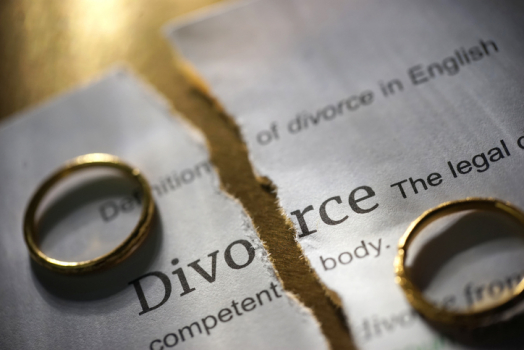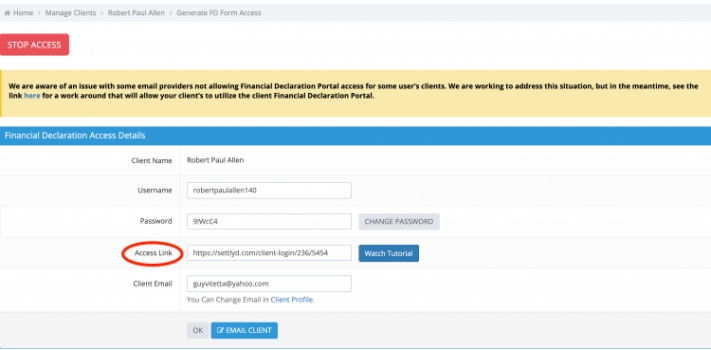
Fixed Fees In Family Law Disputes

The growth of tort litigation that began during the middle of the last century caused the insurance companies consolidate their legal work with individual law firms to defend all claims. In response, law firms created a business model capable of handling the defense of a large volume of tort litigation. A critical financial component of this new, large insurance defense law firm was the billable hour fee arrangement.
The billable hour fee arrangement is now the gold standard for much of the legal industry, including family law fee arrangements. In spite of this standard, a billable hour fee arrangement often is not appropriate for many kinds of family law cases. While billable fee arrangements can certainly help to refine and define the objectives of complex litigation, they are often unnecessary when married parties have, or are very close to reaching, an agreement in principle.
Many family law lawyers offer fixed fees for different kinds of family law issues. A fixed fee arrangement is a legal fee paid in advance that covers all legal work through the completion of a specific scope of work. The parties must sign a written agreement that clearly spells out the terms the attorney's engagement, including a detailed scope of work. Fixed fees promote certainty for the consumer and often produce more efficient legal work.
Once an attorney has fulfilled the terms of the agreement, including the specified "scope of work", they become "disengaged" from further legal work on behalf of this client. (Note: In a litigated matter, leave of court and/or consent of opposing counsel will usually be required in South Carolina to withdraw).
Family law attorney's will often offer fixed fees in uncontested matters, such as drafting property and custody agreements, name changes, uncontested adoptions, uncontested divorces, simple wills.
Some family law attorneys are also utilizing fixed fees arrangements for contested cooperative or collaborative family law cases. In these kinds of cases, the attorney will offer fixed fees for various phases of the settlement negotiations, or a fixed fee paid over a specific timeframe.
Other dispute resolution processes, such as mediation, arbitration, early neutral evaluations, summary jury trials, are also developments designed to efficiently resolve complex legal disputes in an efficient and cost effective manner. The problem is, as much as American's claim to disdain trial lawyers, we are very litigious population, our courts are overflowing with litigation and wait times are long.
The pandemic has further delayed the South Carolina court's trial dockets, by some accounts several years. Our elected officials seem disinterested to help and, when you think about it, they may be right. As upwards of 90% of all litigated matters settle out of court, smart consumers and lawyers should take advantage of this situation. A good piece of that 90% can be moved out of the litigation process before it starts by offering a different and possibly more appropriate and more reasonable way to reach a resolution of a dispute.
To quote Justice Sandra Day O'Connor: "The courts of this country should not be the places where resolution of disputes begins. They should be the places where the disputes end after alternative methods of resolving disputes have been considered and tried."




